This article is about the role hunting has played in improving my mental health and is dedicated to the Benfell family and to all hunters who have used the outdoors as their doctor, therapist or medication. I know that this topic is an important aspect of hunting and outdoors activity for many of us. I’ve never been able to write about it before because of the stigma attached to mental health and – let’s be honest – it’s hard to be open about your own problems. However, if I ask others to be open and honest about mental health, then I also need to be honest about my own struggles.
There are two main reasons why I’ve written this article now. Firstly, Kiwi’s – and in particular, Kiwi men – have an issue asking for help and speaking about mental health problems; but by talking openly about it, we get rid of the stigma and assist in normalising these issues many of us have. The second reason is, with hunting at such a pivotal junction in history, it’s important to be brave enough to talk about the positive impact it has on our lives. The challenge we face as hunters is in explaining to those who are either impartial or are anti-hunting the depth of our passion and its benefits.
Hunting and firearms use is under the microscope worldwide; by communicating and focusing on all the benefits of hunting, we can each become an ambassador, spokesperson and protector of the cultural importance of hunting. If individuals or groups don’t like hunting or firearms, that’s fine; but if they understand how important it is to us, then hopefully we can at least have some mutual understanding.
RETURNING TO NZ
While I was away serving in the NZ and British armies, I didn’t think much about the NZ wilderness. Memories of our family’s hunting and fishing trips and our passion for the outdoors were logged away in the back of my mind, ready to be reignited upon my return. It was an incredible 14 years in the military with experiences that would be hard to rival in any other job – from parachuting into Italy to train with the Italian Paratroopers known as the ‘Folgore’, to having helicopters fly low level through the rugged and stark Afghan mountains to drop us off on the dizzying heights of the Hindu Kush mountains. The sights and sounds will remain with me forever, and I’d do it all again given the chance; however, it comes at a cost.
It was a busy time to be a paratrooper and soldier with six deployments and three combat tours during my time. After 14 years, I was medically discharged and returned home with my then girlfriend to settle in Tauranga near my ever-supportive parents, Gordon and Eliza. As with anything retrospective, I can look back now and identify how poor my mental health was.
The effects of months of patrolling around Afghanistan surrounded by these insidious booby traps known as Improvised Explosive Devices (IED) had taken its toll – not to mention the gun battles we faced. Each explosion we encountered jarred my confidence a bit more.
In one incident, I was in the lead vehicle, and the route I chose led us past an IED which hit our third vehicle. Part of the skill of a soldier operating in IED country is to choose routes where it’s harder for the enemy to dig in explosive devices … this day I chose wrong. My vehicle and my second-in-command’s vehicle had driven past the bomb and missed it by inches.
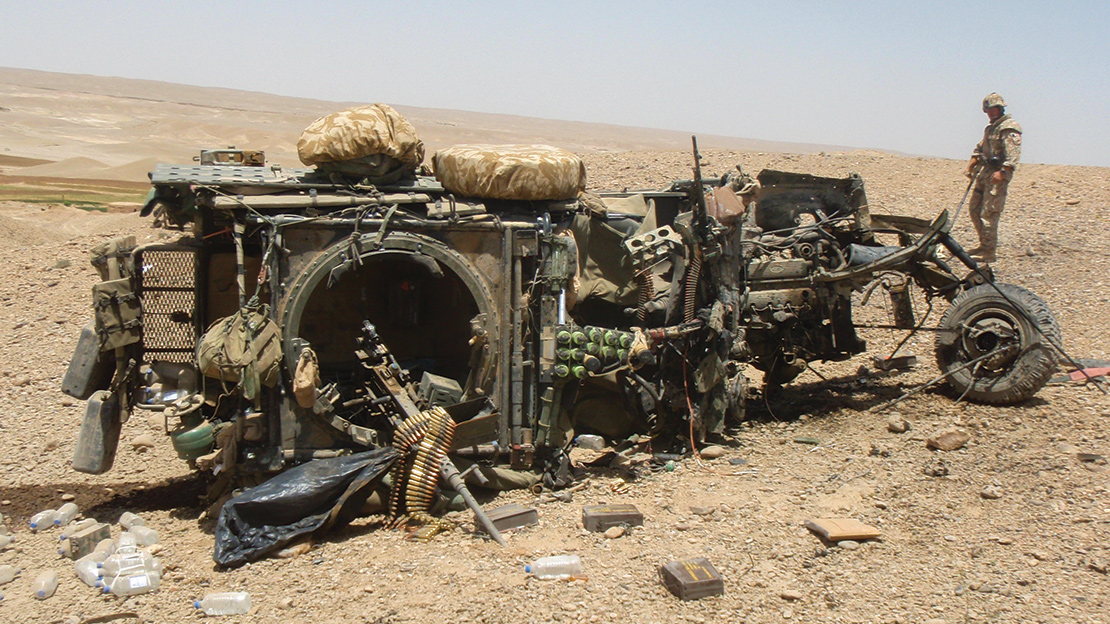
That IED strike was my platoon’s second that day and fifth for the company battle group I was operating with. Several years later back in NZ, the effects were starting to show. While driving around Tauranga, I’d have to pull over to the side of the road – covered in sweat, heart pounding and hyperventilating – my mind racing back to Afghanistan and the morbid fascination with staring at the track in front of me wondering where the Taliban might have dug in an IED.
I was suffering from anxiety attacks, and when my relationship ended and my British girlfriend returned to England, I started cutting myself off from my friends. I think my close friends knew I was struggling but didn’t know how to help. I didn’t let anyone know what I was experiencing – I just dusted myself off and did the best I could each day.
REDISCOVERING THE KIWI OUTDOORS
While I quietly struggled through my issues, my saving grace were my family and friends who encouraged me to get out hunting and fishing. I started to see the outdoors in a whole new light. As my strength and fitness improved, I started to push myself and explore further.
The reason I’d been medically discharged from the Paras (The Parachute Regiment) was I broke my back parachuting. This badly affected my legs, knees, back and hips, so I was cautious with how far I went; but over the months, I hunted everywhere on the Central Plateau from Erua all the way across to the Ahimanawas and Ruahines – and everywhere in between. On each occasion, I’d return from time in our beautiful ngahere feeling refreshed, positive and ready to attack life again. Hunting and fishing became the crutch that supported me, reset my nerves and kept me from slipping too far down.
Reconnecting and hunting with my brother and father became so important to me. My father is a Vietnam veteran who also uses hunting as a reset, so we related a lot on our experiences. The effect the outdoors had on me was powerful; it gave my nerves a chance to heal, it gave me time away from electronic devices and the constant buzz of work and it induced a sense of peace.
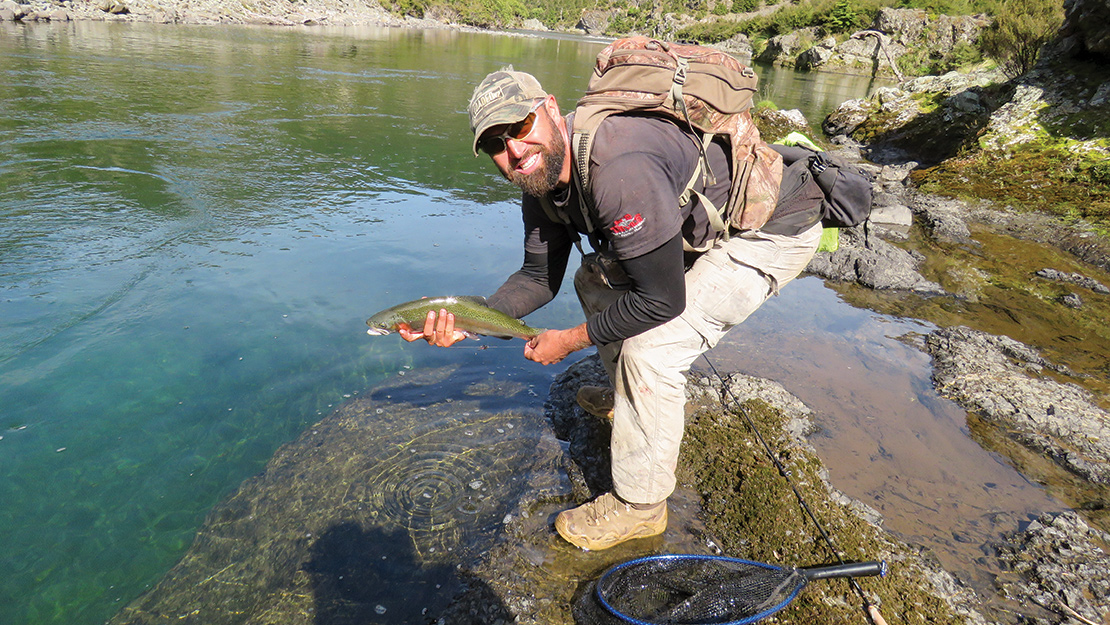
I remember one solo hunting trip vividly. Friday morning, I was trying to finish work in a massive hurry to give myself enough time to walk in to my campsite so I could head out for an evening hunt. There were emails flying all over the country, articles being written for NZRod&Rifle and hunting gear being hastily packed. Once ready, I threw everything in the truck and headed off down to Taupo.
After an hour’s walk in, I came across a stunning patch of beech forest, sheltered from the stinging westerly that was blowing. Nearby, a small gurgling stream was meandering through the trees. Perfect! I set up camp, took out my gas cooker and made a pre-hunt brew; sitting there amongst the trees, I started to take it all in.
As I stared at my hunting gear and contemplated heading out, I suddenly took notice of the state of my mind and body. All the stresses of the last few weeks overtook me. I was physically and mentally shattered. I’d been so frantic with work and life I hadn’t taken the time to pay attention to myself. I later learned that this was a common precursor to a downturn in my mental health – I’d throw myself into whatever work I had on and keep as busy as I could.
Surrounded by that beautiful, ancient stand of forest, I put my hunting gear down, crawled into my sleeping bag and slept for almost 12 hours. I woke up the next day, head clear and feeling refreshed – if not a little groggy. A short hunt resulted in a red spiker on the deck. When I returned home, my whole frame of mind had changed – I was refreshed and ready to get back into the trenches.
It’s a natural progression of many hunters that they start to venture further afield and start hunting other game animals. I took part in tahr hunts, progressed as a sika hunter, and learnt how red deer behave and the differences between each. Gradually, my mental health episodes became less frequent. I started to deeply appreciate the effect hunting and fishing had on me. Whether I was knee deep in a babbling trout stream with rod in hand or overlooking some manuka and beech-filled valley in sika country, I felt at peace – happy and living in the moment; it became a vitally important part of maintaining my health and well-being.
The trips away also became my go-to personal trainer, allowing me to stay relatively fit and stave off any poor dietary habits that sometimes come with mental health issues. It also gave me an immense sense of pride that I could fill the freezer with nutritious, fresh venison on a regular basis and our family would benefit from it. Without bragging, I discovered I was becoming quite a good hunter, and I started to obsess with all things hunting: deer behaviour, reloading my own ammunition, fly camping techniques and ballistics.
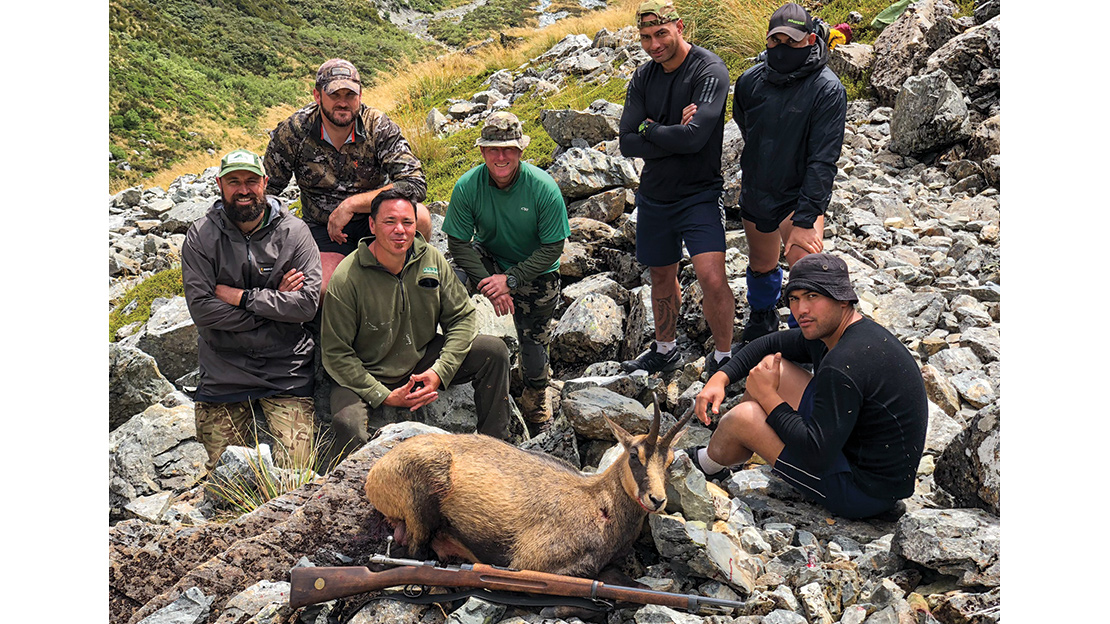
RECOVERY AND SHARING MY JOURNEY
My journeys into the outdoors gave me an immense gratitude for what we have in this country and an urge to promote and protect it. I wrote an article for NZRod&Rifle in 2012 to try to explain how lucky we are to be able to hunt and fish as we do in NZ. I chose NZRod&Rifle because it was the magazine I read as a young pup dreaming of one day being a fully-fledged Kiwi hunter. After submitting my article to the then owner/editor Brendon Coe, he replied, “Whatever you write, we’ll print it.” Since then, I’ve been involved in two of New Zealand’s four magazines and have been an editor for over seven years. I’m immensely proud to represent the hunting community in this way – I’ve met some top people and it has provided a lot of opportunities.
I’ve naturally ended up hunting with several other veterans who use the outdoors in the same way I do. The nucleus for a new charity was born while huddled around a backcountry hut fireplace, chatting about the benefits we all gained from being surrounded by such stunning scenery. The charity was formed in 2018, and its purpose is to organise and subsidise outdoor activities for veterans and their families. Our two most popular events are the Hunting Skills Courses and the Southern Traverse. The first is a weekend learning the basics of hunting as shown on an episode of Hunting with Tui, and the second is an armed tramp from the East Coast of the Southern Alps to the West Coast. We’ve run over twenty events so far and still going strong.
In 2016, I met Candice, my partner, and two years later, our son Bowyn was born. Candice and I instantly gelled over a love of diving and the ocean; she’s my rock and my biggest supporter – I don’t know where I’d be without her. When she realises I’m struggling and trying to hide it, Candice can look at me and say, “Don’t feel guilty about going, but I think you need to go hunting.” She’s turning into quite an accomplished hunter herself and enjoys the hills and mountains as much as I do.
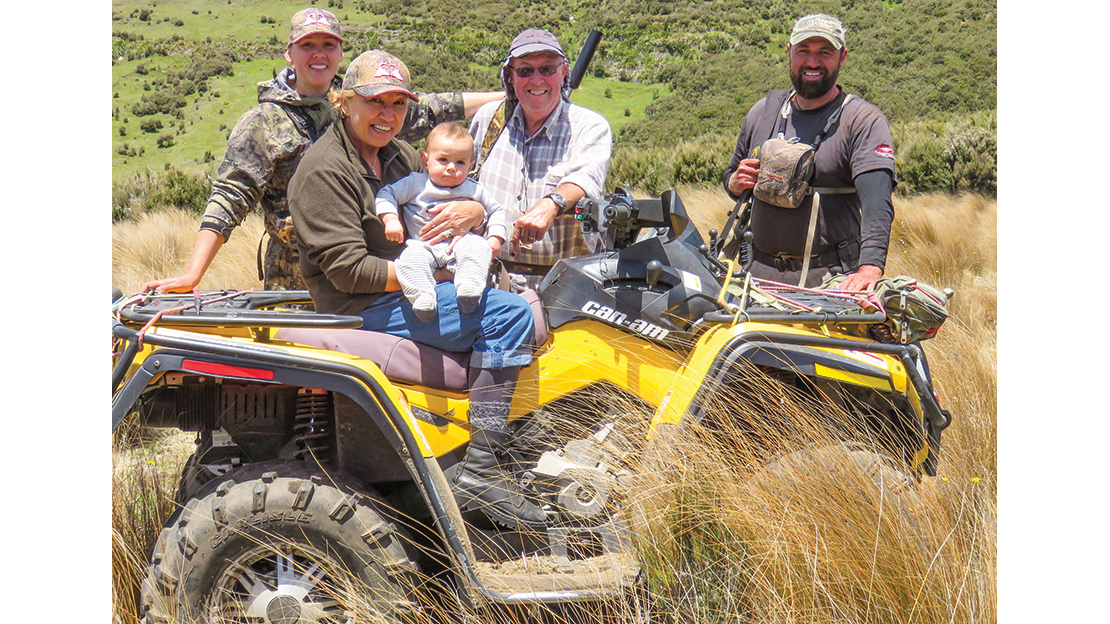
SUMMARY
I’ve spoken about my experiences because the more of us that speak up, the more normalised it becomes, and hopefully, the stigma of mental health lessens to the point where we can speak freely and ask for help when its needed. Too many good people have taken that terrible final step of taking their own lives.
I’ve seen in myself and many others the positive impacts of hunting and outdoors activity, the mental health benefits and the sense of peace it brings. I believe in reaching as wide an audience as I can to share that aspect of the outdoors. This is my story, and my sincere hope is that it can encourage others to tell of their own mental health struggles, how deeply we care about hunting and how the outdoors can help us find peace.
My Personal Mental Health Tips:
These are things I’ve learnt over the years that have helped me through my rough patches. Take whatever resonates for you and move on if it doesn’t.
• For me it was hunting and fishing, but whatever lights that fire within you or induces that sense of peace, identify it and ensure you make time for it; it’s vitally important to have it in your life.
• Stay fit doing something you love. Poor mental health can affect my diet and my fitness; hunting got me into the hills and burned essential calories. When you’re suffering poor mental health, try not to add to it with other issues like excessive weight gain.
• Be as honest and open as you can with your friends and family. I know it’s not easy, but a problem shared is a problem halved.
• Understand your warning signs of a downturn in mental health. For me, it was two things … either a manic focus on work and keeping busy, or the opposite – an inability to focus, maintain my energy and even get out of bed.
• Focus on helping others. Often other people’s problems would put things into perspective for me, and I’d end up with a more grateful mindset for my own life.
Where to get help:
Need to Talk? Free call or text 1737 any time to speak to a trained counsellor, for any reason.
Lifeline: 0800 543 354
Suicide Crisis Helpline: 0508 828 865 / 0508 TAUTOKO (24/7)
Depression Helpline: 0800 111 757 (24/7)
Samaritans: 0800 726 666 (24/7)
Rural Support Trust Helpline: 0800 787 254
Healthline: 0800 611 116
If it is an emergency and you feel like you or someone else is at risk, call 111.

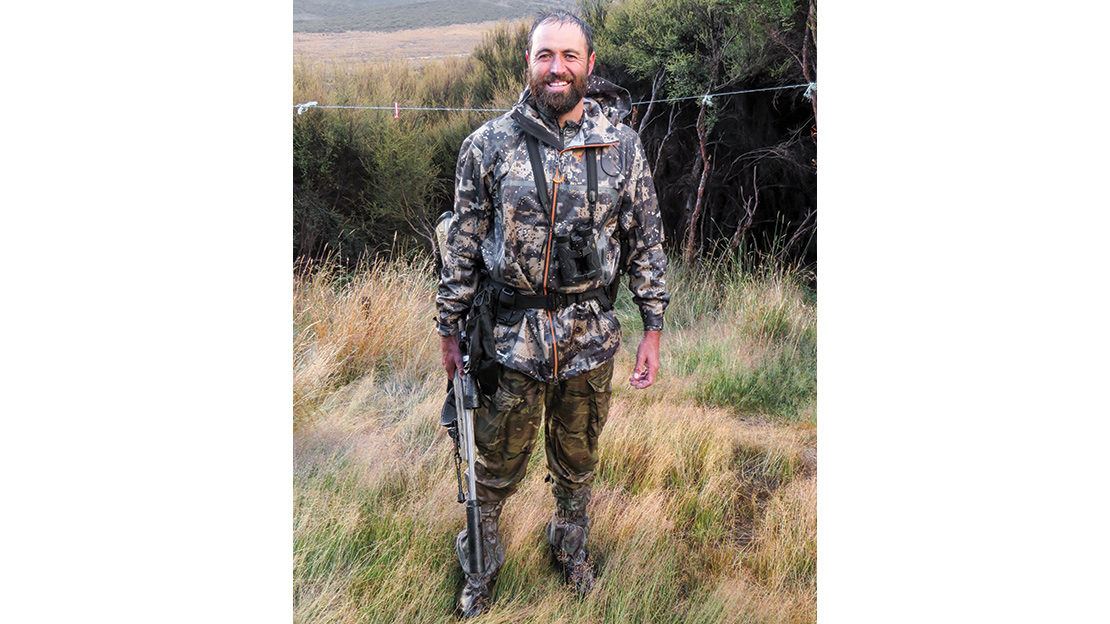
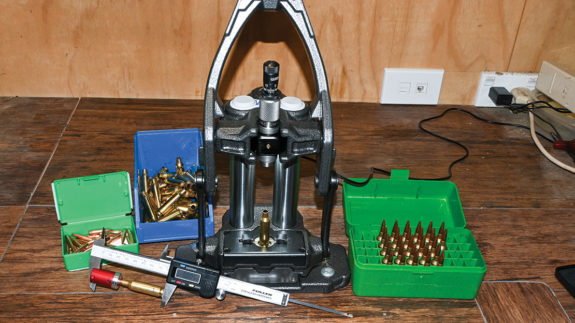
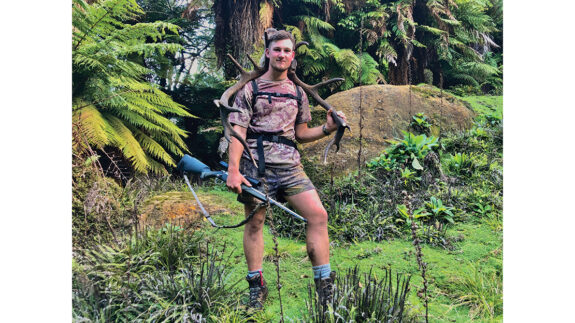


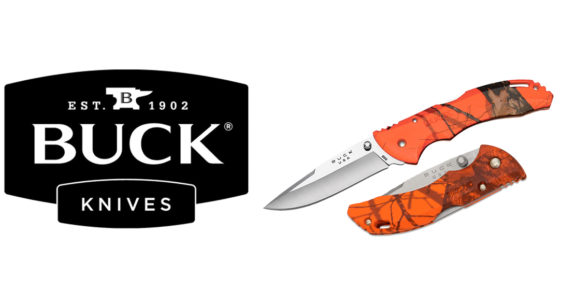
SHARE YOUR BEST PICS #NZRODANDRIFLE